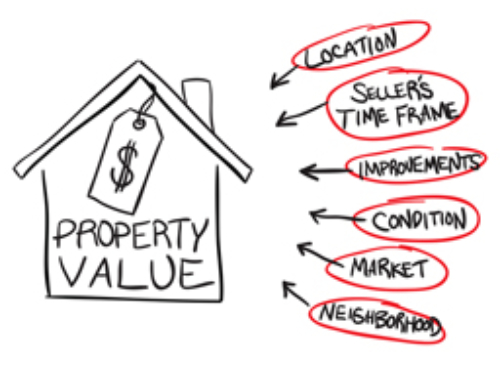 When weighing your options for buying a home, you may hear the same criteria: Have you saved enough money for a down payment? Can you afford the expenses associated with owning a home? Are you going to stay in the home for a short period of time or is this home a place you intend on living in for years to come? Can you qualify for a mortgage?
When weighing your options for buying a home, you may hear the same criteria: Have you saved enough money for a down payment? Can you afford the expenses associated with owning a home? Are you going to stay in the home for a short period of time or is this home a place you intend on living in for years to come? Can you qualify for a mortgage?
If you are considering the benefits of home ownership, some of those benefits are missed by homebuyers when considering their options.
Tax deductions when you own a home
Mortgage interest tax deduction. First-time homebuyers may be pleasantly surprised when they file their personal income taxes after they purchase a home as their primary residence. The interest payments they have made to their lender are fully deductible. When you start making mortgage payments, almost the whole loan payment consists of interest. In the early years, you pay little principal back on the loan. If you have an equity loan on that primary residence, you can also deduct interest paid to the lender on loans up to $100,000.
Property tax deduction. In addition to the mortgage interest tax deduction, you can also deduct on your federal income taxes your real estate tax payments associated with your primary residence. IRS Publication 530 has more information about how to deduct your property taxes. And, for now, it seems that Congress will continue the mortgage interest tax deduction and the real estate property tax deduction.
Buying a home with extra perks
Buying a historical property. Buying a historical home has its pros and cons. You may be able to buy a home with history and heritage, but you may have to pay quite a bit more to renovate and keep up with home maintenance. If your historic home is in an historic district, you may have other limitations on what you can do with your home and how you must maintain the home. There may be a federal tax credit and state tax credit available to owners of historic property. In some parts of the country, if you own a historic home, you may be able to get a real estate tax benefit from your local tax assessor’s office. Thirty states now offer state rehabilitation tax credits for historical properties. Keep in mind that you may have to comply with certain building standards to keep and maintain historic property to receive a tax benefit. If you’re willing to put in the work to maintain a historical home and restore it to its original beauty, you may benefit financially. Start your search for a historic home with the National Trust for Historic Preservation.
Buying in a community targeted by state or federal governments for redevelopment. One of the most important rules of real estate is Location, Location, Location. In some cases, you can benefit by finding a neighborhood that has the backing of the federal or state government. Some government agencies will give lenders incentives to have them lend money in certain communities and neighborhoods. If you can qualify for these benefits, you might find that the interest rate on your loan is below market or that some of the closing costs associated with your purchase are covered by the lender or the governmental agency. The Community Reinvestment Act is a federal law that encourages lenders to meet the needs of borrowers in low- to moderate-income communities and the location of some of these properties can be targeted under specially designated census tracts. Talk to your mortgage broker or real estate agent to find out if you can look at homes in these census tracts.
Additional benefits of home ownership
Building Equity. At the beginning of the life of your loan, you will be paying most of your payment to interest. But every month, that balance will shift and you will be paying more of your payment toward principal and less to interest. Instead of paying rent to a landlord, you will be making the payment toward your investment in equity. While the last decade has not been a good one for homebuyers, historically, when you make your monthly payments, you will find that your loan balance decreases and you increase equity in your home.
Freedom of being a homeowner. If you look at rental listings you might find such criteria as “no pets” or “no painting.” Owning your own house gives you the freedom to make your home into whatever you want it to be, and the satisfaction that comes with building a home. You can make changes and upgrade your home, building more of an investment in your future and being the king or queen of your castle.
Ilyce Glink is a best-selling author, real estate columnist, and web series host. She is the managing editor of the Equifax Finance Blog and CEO of Think Glink Media. Follow her on Twitter: @Glink





